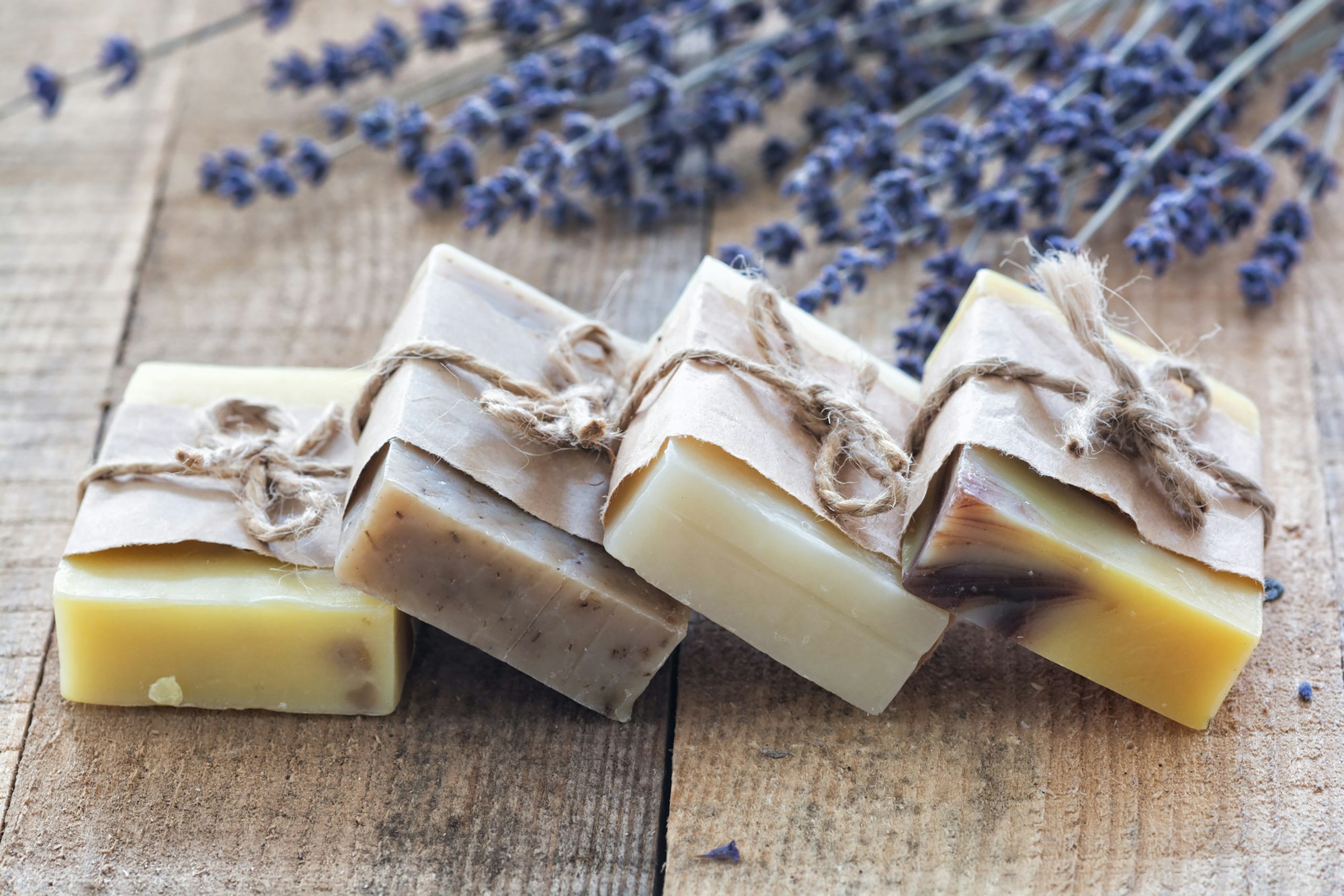In the first post in this series, I laid out the following things to do:
- See a dermatologist (but read below about things to keep in mind)
- Try a product “diet” to see if less is more for your skin
- Get some sunscreen from outside the US
- Be skeptical, and support new personal product regulations
In this post, I’ll tackle the first two bullet points.
See a dermatologist
This is probably the least controversial advice anyone can give on skincare. A dermatologist is going to be the most knowledgeable and scientific source of information readily available (granted probably at the highest cost).
Things to look out for: a dermatologist may also be selling products, and “traditional” medicine may focus on temporary, reactive fixes which leave fundamental problems unaddressed.
First, let’s talk about dermatologists selling stuff. I initially read an article titled “5 Missed Revenue Opportunities in Selling Skincare in your practice”. This made me extremely skeptical of going to a dermatologist, especially this line:
Private label products provide a marketing benefit, as your patient sees your practice’s logo, website, and branding each morning and evening. In addition, when it comes time to reorder the product, your patient will come back to you, not his/her local drugstore or makeup counter.
Shouldn’t my dermatologist be more focused on helping resolve my issue, rather than keeping me thinking about re-ordering products for them?
However, I read another take that left me with a slightly more nuanced view. Essentially, unscientific shills are bombarding consumers with false claims, and challenging dermatologists left and right. For them to not take an interest in the non-prescription market and not provide recommendations, would be denying patients what they’re really looking for. As long as the doctor goes through the ingredients and gives the option to get the product through them, or through a pharmacy, I see this as less ethically wrong as I initially thought.
In an ideal world, dermatologists wouldn’t have a financial incentive to recommend their own line of non-prescription products, but also in an ideal world, non-prescription products wouldn’t be a total wild west (more on that later). Dermatologists represent the current best case in terms of the ratio of “incentive to sell you something” vs. “ability and motivation to actually help you”.
Try a product diet
Another approach is to do less to your skin. There’s a growing movement backed by new research on the skin’s microbiome that suggests that over washing is contributing to a rise in skin conditions, like eczema. It says that the ecosystem on our skin is more complex than we’ve realized before, and that the products we’re using may be seriously disrupting it.
My practical takeaway from all this is that experimenting with doing less may be beneficial. Many of the guides suggest things will get much worse before they “level out” and get better. The thinking goes that ordinarily we’re stripping our skin of so much oil that our skin gets used to producing surplus. When we initially slow down our cleaning, things get worse until our skin realizes it doesn’t need to work so hard, after which point things settle down.
There’s a spectrum here. Showering twice a day with soap and shampoo is perhaps on the extreme of one side, and showering once every couple years is on the other. Any rapid move along that spectrum probably isn’t going to feel great. I went with cutting back on shampoo to 2 times a week, and changing the way I was using soap. For instance, forearms are easy to scrub, but they don’t really get dirty. Spending a bunch of time lathering them up each shower is probably overkill. As Sandy Skotnicki recommends, focus more on “the bits”: arm pits, groin, and feet.
I experimented with this, and I can confirm I felt gross after the first few days. I’m about 2 weeks with reduced showers, and things do seem to be getting better, but the jury’s still out on whether it’s net better than my previous shower routine. What has been a net positive is that it has made me think more the other factors in life that affect my skin health. For instance, I was getting dandruff (gross, I know, forget I mentioned it), and I concentrated on getting outside more and getting more sunlight on my scalp. I also paid closer attention to my stress levels and whether I let my hair air dry. Taking away the “tool” of shampoo made me more aware of the other “tools” that exist for looking after my skin.
Also we’re in a pandemic, and I’m not seeing that many people on a daily basis which made this experiment less risky. The person most affected outside of me was my partner (sorry Taylor!) Your mileage may vary in normal times.
Here’s a couple links if you want to learn more.
- I quit showering and life continued by Josh Hamblin (Article in the Atlantic)
- Clean by Josh Hamblin (book)
- I don’t smell! Meet the people who stopped washing by Amy Fleming (The Guardian) –
- David Whitlock (AOBiome, Motherdirt)
- Beyond Soap by Sandy Skotnicki
- nopoo subreddit (no-poo = no shampoo)
In the next post, I’ll dig into sun screen and skincare regulation.
